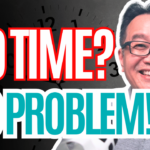
The Surprising Truth About Freedom: Why Rules Are the Only Way to Truly Be Free

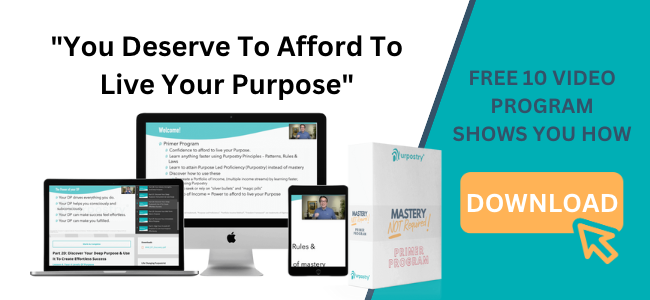
We often think freedom means no rules, but real freedom comes from structure. Discover the surprising truth about how embracing the right rules unlocks success and a truly liberated life.
Recently, I had a coaching call with one of my inner circle students, someone who had already achieved financial freedom.
He had reached a point in his life where his investments were providing a reliable income, and he no longer had to work for money. By all conventional measures, he had succeeded. However, as we sat down for our conversation, I could sense a frustration brewing beneath the surface.
He told me how, despite reaching financial freedom, he was feeling angsty and overwhelmed by all the rules – in particular the rules around taxes, regulations, and compliance – lamenting his latest tax bill.
“I thought freedom meant no rules,” he said, exasperated. “I finally escaped the corporate world, but now, my accountant is constantly asking for decisions – tax strategies, compliance forms, investment classifications. I feel like I’m drowning in tax codes. Where’s the freedom in that?”
His words are not unique.
Many people who strive for financial freedom often assume that freedom means the absence of rules. They think once they’ve achieved success, the need to follow the structure will disappear.
But here’s the paradox: the very rules he now resented were the ones that allowed him to profit so predictably in the first place.
The Misunderstanding of Freedom: Rules Are Not the Enemy
In our conversation, I reminded him of something fundamental that many people overlook.
When we talk about “freedom,” we’re not talking about freedom from rules. True freedom doesn’t mean doing whatever you want, whenever you want, with no constraints. It’s about creating a life where you can make meaningful choices within a structure that supports your goals.
This is especially true in the financial world.
The student had made his wealth by following our disciplined approach to investing.
The Purpostry method is guided by clear rules—rules that allowed him to navigate markets, understand risk, and ultimately profit.
In fact, the tax codes and accounting standards he now loathed were the very mechanisms that we used to gain the clarity that enabled him to ensure predictability in his profits and plan effectively for the future.
These rules gave him the structure to succeed.
Ironically, what he was facing is something I’ve seen many times.
People resent the rules, often forgetting that it’s often the rules that give us the ability to achieve that freedom in a meaningful, sustainable way.
Predictability and Profit: The Hidden Power of Rules
I asked him to think back to the early days of his financial journey.
When he first started investing using our system, he relied on a solid framework of principles – rules, really – that helped him assess opportunities and risks. The rules weren’t arbitrary; we put them in place to guide our students toward profitable outcomes.
In our financial system, tax regulations, accounting standards, and investment rules aren’t random constraints designed to frustrate us.
They exist to provide a level playing field and to ensure a certain degree of predictability.
Because of these rules, you can trust that your investments will be reported in a standardized way, your profits will be taxed in a predictable manner, and your financial reports will be consistent with industry norms.
Without these rules, the financial world would be chaos. You wouldn’t know what to expect from one year to the next, and planning for the future would be a gamble, not a strategy.
For him, the rules around investing, taxes, and accounting allowed him to confidently make decisions, knowing that the results would be predictable.
These same rules had ensured that his wealth-building journey was steady and sustainable. Without them, he might have experienced wild fluctuations in outcomes, making it impossible to secure his financial future.

Freedom Through Rules, Not From Rules
We often think of rules as limitations, but the truth is, they provide the structure that makes real freedom possible.
Imagine playing your favourite sport or game – but with no rules.
It wouldn’t be much fun would it?
It would likely be chaotic and frustrating. Players wouldn’t know where to go or what to do, and any sense of accomplishment would be hollow.
Rules, in this case, give meaning to the game, and within those boundaries, athletes are free to push their limits, innovate, and achieve greatness.
The same goes for life and business.
Rules provide the boundaries that allow us to flourish. Without them, our efforts would be scattered, and any sense of progress would be undermined by unpredictability.
The rules that governed his investments and taxes gave him the freedom to live without financial worry, precisely because they made his outcomes predictable.
The freedom he had worked so hard to achieve wasn’t freedom from rules—it was freedom through them.
By following a set of disciplined practices and leveraging the predictability of financial systems, he had built something stable and enduring.
Self-Imposed Rules: The Key to Personal Freedom
Our conversation also touched on the idea of self-imposed rules.
I asked him about his daily habits, and he admitted that much of his success came from following a disciplined routine. He would wake up early, dedicate time to reviewing his portfolio of investments and businesses, and stick to a fitness and devotional regimen.
These self-imposed “rules” had helped him achieve financial freedom and maintain physical and mental well-being.
I pointed out the irony: even though he resented the external rules around taxes and compliance, his personal rules had been a key factor in his success.
By setting boundaries for himself, he was able to focus on what really mattered and make consistent progress toward his goals. These self-imposed rules weren’t restrictive—they were empowering.
I laughed as I pointed out Irony #2.
While it may seem counterintuitive, structure creates freedom.
By having routines, discipline, and boundaries, we free ourselves from the chaos of indecision and distraction. Instead of constantly questioning what to do next, we can focus on what truly matters.
Freedom and Purpose: The Ultimate Guide
Toward the end of our conversation, we discussed the deeper meaning of freedom.
The financial freedom he had achieved was only part of the equation. True freedom, I reminded him, comes from living in alignment with your purpose. Rules, whether external or self-imposed, are most effective when they guide us toward a life of purpose.
When we align our actions with a clear purpose, the rules become less about restriction and more about support.
They create the structure that allows us to pursue our purpose without getting derailed by distractions or unpredictability.
The tax rules that he now found burdensome were, in fact, allowing him to stay compliant, protect his wealth, and continue living his purpose without unnecessary legal or financial risk.
Conclusion: The Paradox of Freedom
As we wrapped up the call, I could tell my student had gained a new perspective.
His angst over the rules began to fade as he realized that these structures weren’t obstacles to freedom – they were its foundation.
The paradox of freedom is that it isn’t about breaking free from all rules.
True freedom is found in having the right rules that create stability and predictability, allowing you to focus on what really matters. Whether it’s the tax rules that ensure financial predictability or the personal rules that keep us disciplined, structure doesn’t limit us – it frees us.
For my student, and for all of us, the key is recognizing that freedom isn’t the absence of rules, but the ability to live within a framework that supports our goals and purpose.
Rules provide the clarity and predictability we need to live a life of true freedom, one that isn’t defined by chaos but by purpose, growth, and fulfillment.

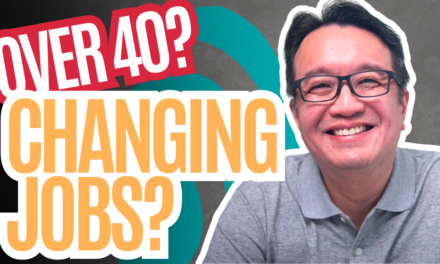
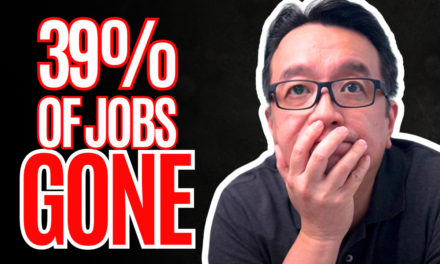







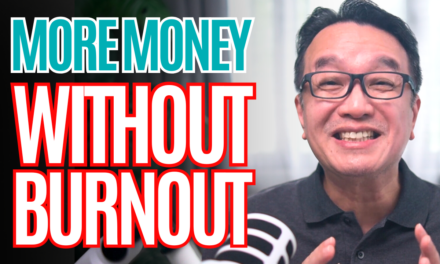
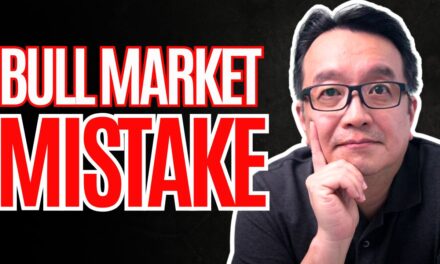









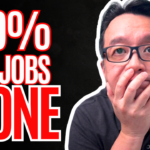
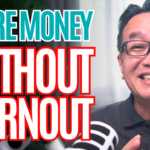

Recent Comments